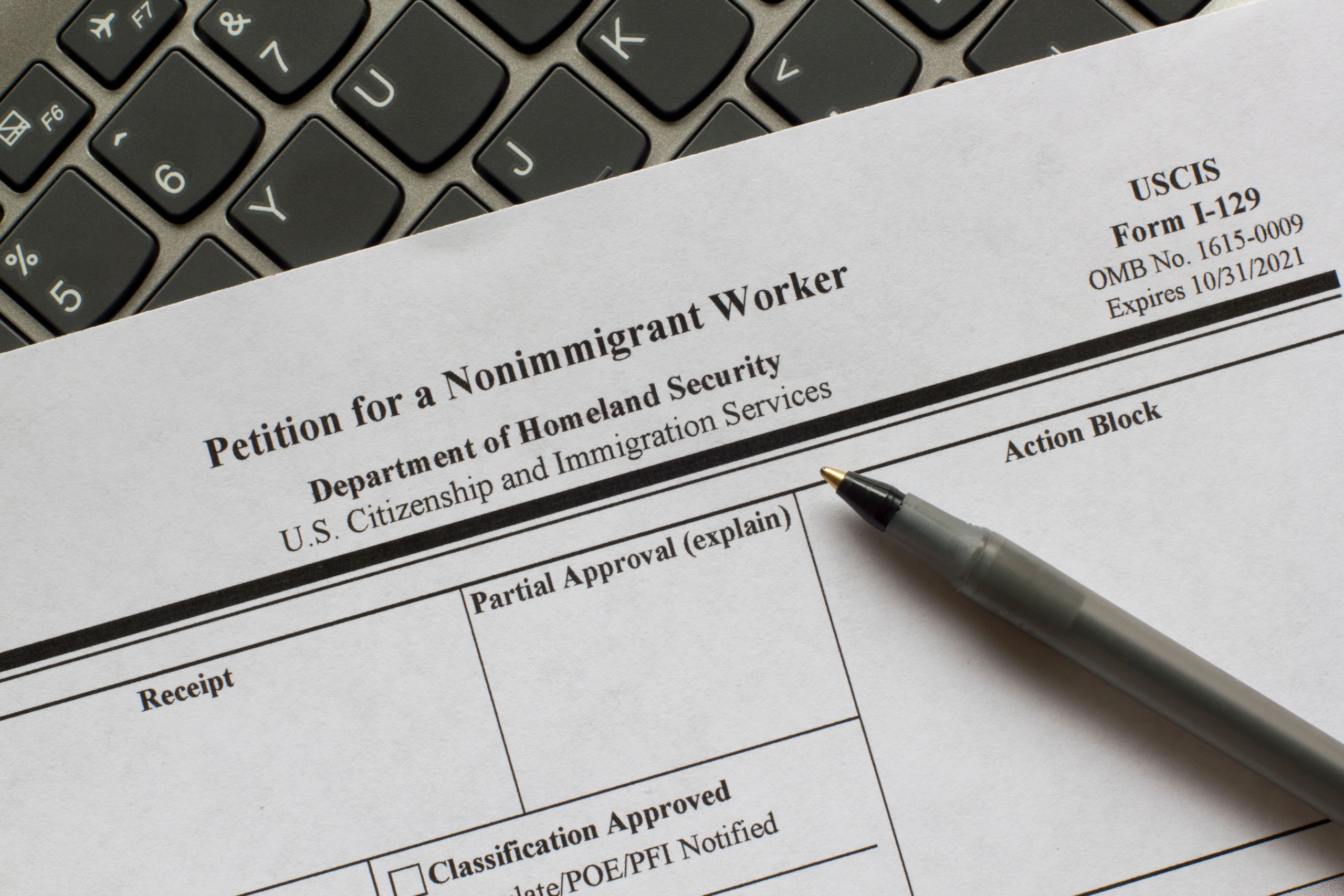Published October 9, 2020
By: Richard Hanus, Esq.
Pecking Away At H-1B Visas: Over the past 7 months, the Trump Administration has unleashed a deluge of measures impacting our legal immigration process, both for family based, and job based filings. In the workplace context, it’s become significantly more complicated for employers to hire and retain foreign nationals or otherwise comply with our immigration laws. Not only is the Administration not creating more “merit based” avenues for legal immigration as promised, it is placing unprecedented hurdles for companies and our nation to benefit from the contributions of talented and ambitious foreign national professionals. These initiatives have been instituted in the name of protecting American workers, although their timing in relation to the upcoming election also prompts questions whether red meat politics may play a role.
More specifically, this week’s initiatives involve the imposition of more requirements for securing H-1B visas. Importantly though, given the Administration’s sudden imposition of these measures, including bypassing explicit regulatory process requirements, many expect judicial intervention to slow down if not prevent entirely their implementation.
The measures include a significant restricting of the type of educational qualifications a prospective H-1B worker would need to be considered for particular positions, as well as creating more stringent rules for when and how an H-1B worker can be assigned to a third party location, including a 1 year term limit for each petition. With some exceptions, the new rules are set to take effect in 60 days.
Set to take place immediately, however, are game changing methods in how the “prevailing wage” for any given profession is determined, resulting in prohibitive increases in the amount U.S. companies are required to pay their H-1B workers. Again, however, litigation challenging the substance and timing of these rules are expected to thwart their immediate implementation.
As a reminder, the H-1B work visa, in general, allows university educated and/or professional foreign nationals to fill positions in the U.S. as long as the position offered is one that typically requires the attainment of a university degree or equivalent, and the worker is paid the “prevailing wage” per Department of Labor guidelines. Each year, only 85,000 H-1B visas are made available – and the pool of applicants typically outnumbers the supply 3 to 1, with thousands of this pool being comprised of foreign student Bachelors, Masters and Ph.D. graduates of U.S. universities.
Fast Track Deportations: In recent days, the Trump Administration announced with great fanfare its nationwide plan to round up and deport, without a hearing, undocumented immigrants who have entered the U.S. within the past two years. This initiative is premised on a 2014 “expedited removal” statute previously used against undocumented individuals only if found in the U.S. within 2 weeks of arrival and within 100 miles of our border. Last year, the statute was approved by the courts to be more broadly utilized, including anywhere within the U.S. interior.
The usual deportation process affords foreign nationals an opportunity for a hearing before an immigration judge and a chance to present a defense, including related to a fear of returning to their home country or based on 10+ years of residence here and significant ties to U.S. family members.
Accordingly, undocumented immigrants are being advised, if possible, to always be in possession of evidence of their presence in the U.S. for the past 2+ years, including any receipts, bank records, school records or other transaction documents, so as to establish they may not be subjected to expedited removal.
PUBLISHED October 9, 2020– “IMMIGRATION LAW FORUM” Copyright © 2020, By Law Offices of Richard Hanus, Chicago, Illinois

